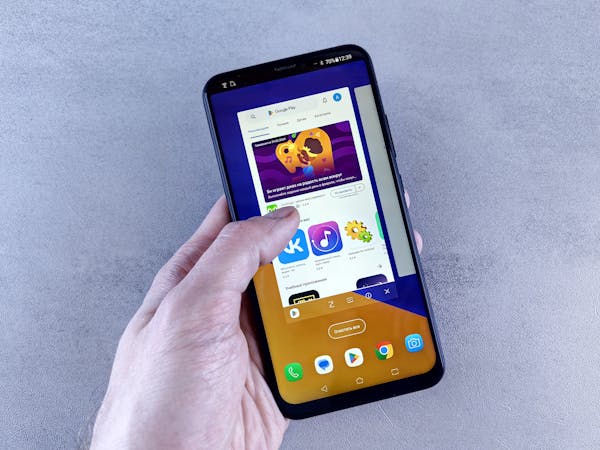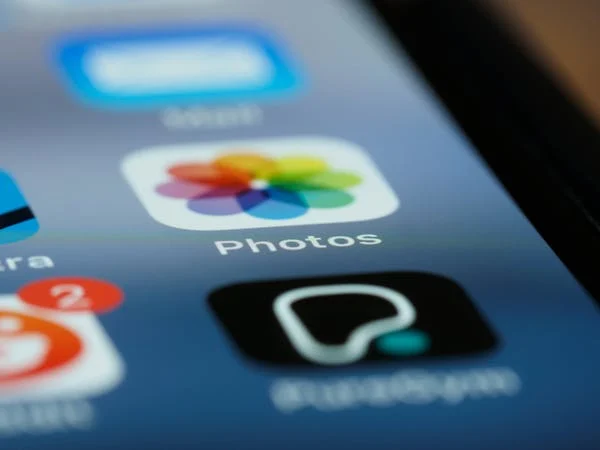The Rise of 5G: What It Means for Mobile Users
In recent years, the world has seen the rapid rollout of 5G networks, promising to revolutionize the way we use mobile devices. As the fifth generation of wireless technology, 5G offers a host of improvements over its predecessor, 4G, including faster speeds, lower latency, and the ability to connect more devices simultaneously. While many mobile users are still in the process of upgrading to 5G-compatible devices, the impact of this new technology is already being felt, and its full potential is only beginning to unfold.
So, what does 5G mean for mobile users? Let’s break down how it will transform the way we use our smartphones, impact industries, and shape the future of connectivity.
1. Blazing Fast Speeds
The most talked-about feature of 5G is its incredible speed. Compared to 4G, 5G is expected to offer speeds that are up to 100 times faster. This means that downloading large files, streaming high-definition videos, and accessing data-intensive apps will be smoother and quicker than ever before.
With 5G, mobile users will experience download speeds that can exceed 1Gbps, enabling real-time access to cloud-based content, faster app updates, and instant file transfers. For users who stream movies, TV shows, or play mobile games, 5G’s speed will ensure an uninterrupted, high-quality experience. Gone will be the days of buffering or waiting for apps to load—5G promises an almost instantaneous user experience.
2. Ultra-Low Latency
One of the standout advantages of 5G is its ultra-low latency, which refers to the time it takes for data to travel from one device to another. While 4G has a latency of around 30-50 milliseconds, 5G is expected to reduce this to as low as 1 millisecond.
This drastic reduction in latency opens up new possibilities for mobile users. For example, real-time applications like video calls, online gaming, and augmented reality (AR) experiences will become significantly more responsive. Mobile gamers, in particular, will benefit from lag-free multiplayer gaming sessions, and remote workers will experience more fluid video conferencing and collaborative tools.
In short, 5G will make the digital experience feel more immediate and interactive, providing faster responses for nearly every online interaction.
3. Seamless Connectivity
5G will also allow for more seamless connectivity. As the number of connected devices continues to grow with the rise of the Internet of Things (IoT), 5G’s higher capacity and ability to handle a larger number of simultaneous connections will be essential.
Whether it’s your smartphone, smartwatch, smart home devices, or even self-driving cars, 5G will ensure that all of these devices can work together more efficiently. Users will be able to control their IoT-enabled devices in real time, receive notifications instantly, and maintain a stronger, more reliable connection no matter where they are.
For mobile users, this means more consistent, reliable, and ubiquitous connectivity. Whether you’re at a crowded concert, in a dense urban area, or in the middle of a bustling stadium, 5G will ensure that you remain connected without sacrificing performance.
4. Enhanced Mobile Experiences with AR and VR
One of the most exciting opportunities brought about by 5G is the ability to seamlessly integrate augmented reality (AR) and virtual reality (VR) into mobile experiences. With its increased speed and reduced latency, 5G will enable more immersive AR and VR applications that rely on high-quality graphics and real-time interactivity.
For example, 5G-powered AR could enhance mobile gaming, enabling you to experience interactive, real-world environments as part of a game. Retailers could also use AR for virtual try-ons, allowing you to see how clothes, accessories, or even furniture would look in your home before making a purchase.
In addition, VR experiences on mobile devices will become more lifelike, offering immersive worlds without lag or stutter. Whether it’s for virtual tourism, gaming, or educational purposes, 5G’s capabilities will push the boundaries of mobile entertainment and interaction.
5. A Boost for Smart Cities and Autonomous Vehicles
While the average mobile user will benefit from faster speeds and enhanced experiences, 5G will also play a pivotal role in broader technological advancements, particularly in the development of smart cities and autonomous vehicles.
Smart cities will rely on 5G networks to power everything from traffic management systems to waste management, ensuring that urban infrastructure operates efficiently and effectively. For residents, this could mean improved public transportation, optimized energy consumption, and smarter, more sustainable living environments.
When it comes to autonomous vehicles, 5G’s ability to handle vast amounts of data in real time will be crucial. Self-driving cars need to communicate with each other and with infrastructure in milliseconds to ensure safe and efficient travel. 5G’s ultra-low latency will make these systems much more reliable, ultimately bringing us closer to a future of fully autonomous vehicles.
6. The Challenge of Widespread Adoption
While 5G holds immense promise, widespread adoption still faces some challenges. For one, 5G networks are still being rolled out across the globe, and coverage may be limited in certain areas. While urban regions are generally the first to experience 5G benefits, rural areas may have to wait longer for full access.
Additionally, to take full advantage of 5G, mobile users will need to upgrade to 5G-compatible devices. Though many flagship smartphones now offer 5G capabilities, 5G-enabled devices are still relatively expensive compared to 4G-only models. Over time, however, the cost of 5G phones is expected to decrease as the technology becomes more ubiquitous.
7. How 5G Will Impact Mobile Gaming and Streaming
Mobile gaming and streaming are two industries that stand to benefit immensely from 5G technology. With faster speeds and lower latency, mobile gaming will be able to provide console-quality experiences on smartphones, enabling users to play AAA games with minimal lag. Live streaming will also see a boost, as 5G’s capabilities allow for high-definition, real-time content delivery without buffering.
For gaming enthusiasts and content creators, this means a more dynamic, immersive, and uninterrupted experience. Mobile users will also have the freedom to stream or game on the go, without worrying about connection drops or delays.
Conclusion
The rise of 5G is undoubtedly one of the most exciting developments in the world of mobile technology. For users, it promises faster speeds, better connectivity, enhanced mobile experiences, and the potential for groundbreaking innovations across various industries. Whether you’re a gamer, a professional, or someone who simply wants faster and more reliable mobile service, 5G will change the way we interact with our devices.







